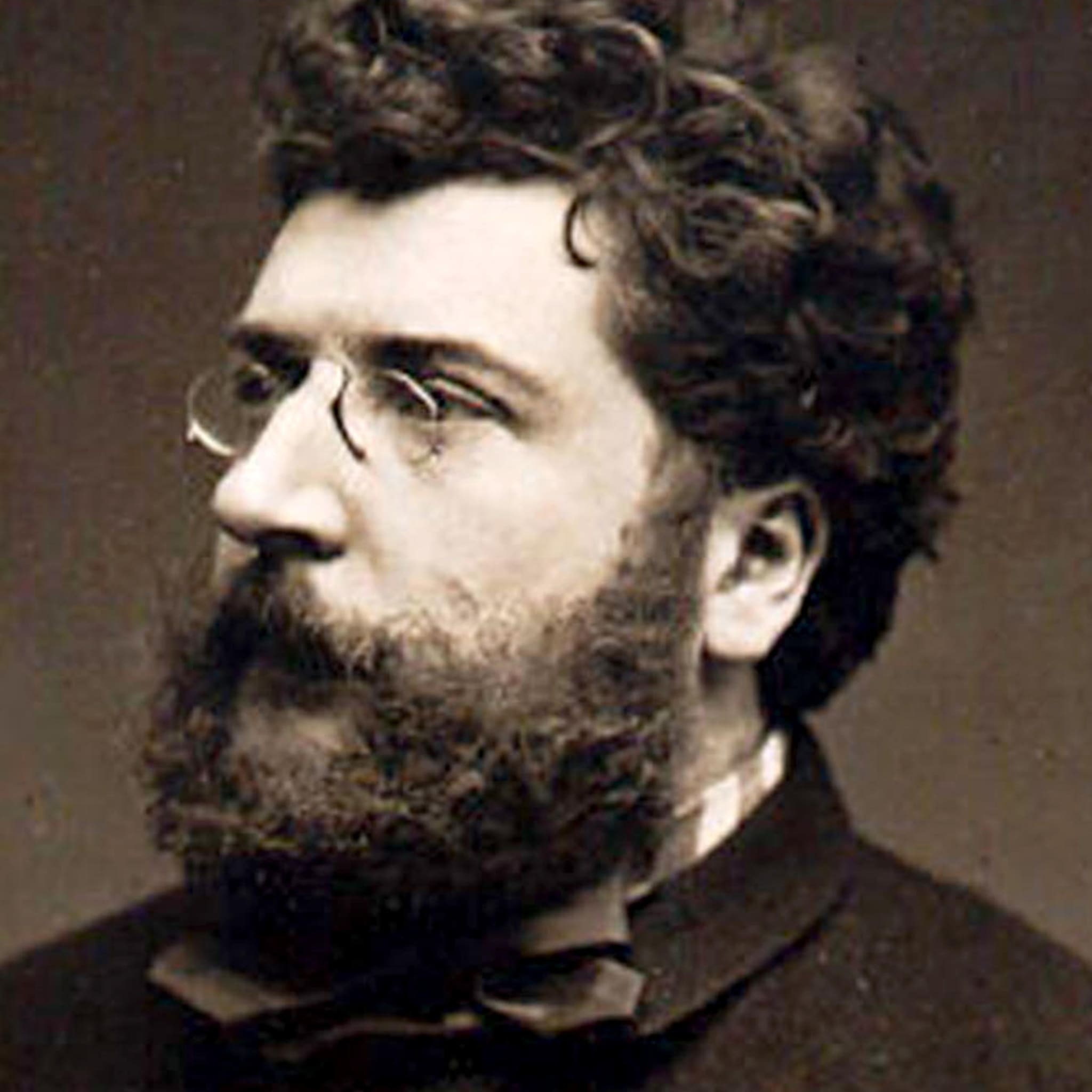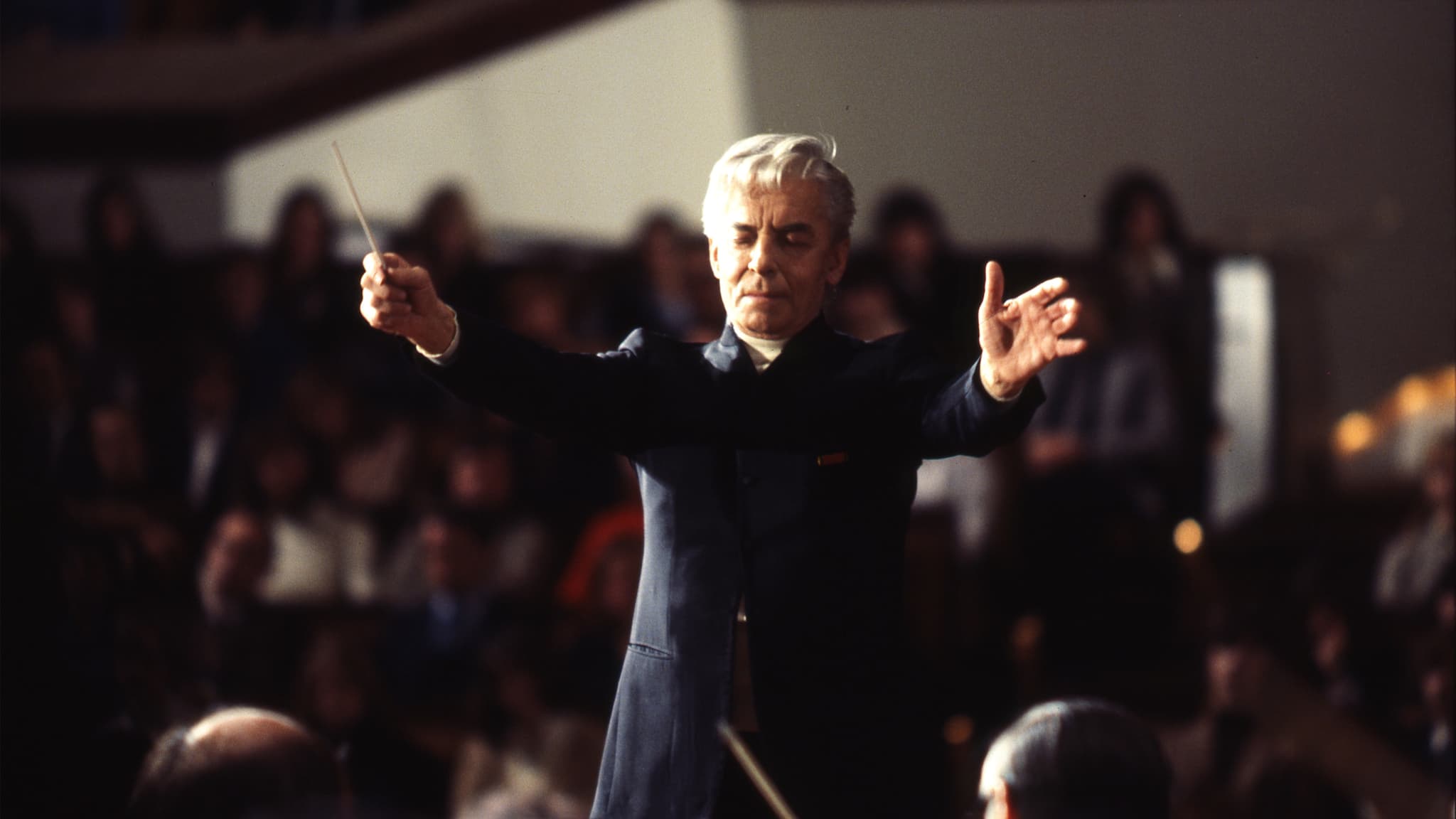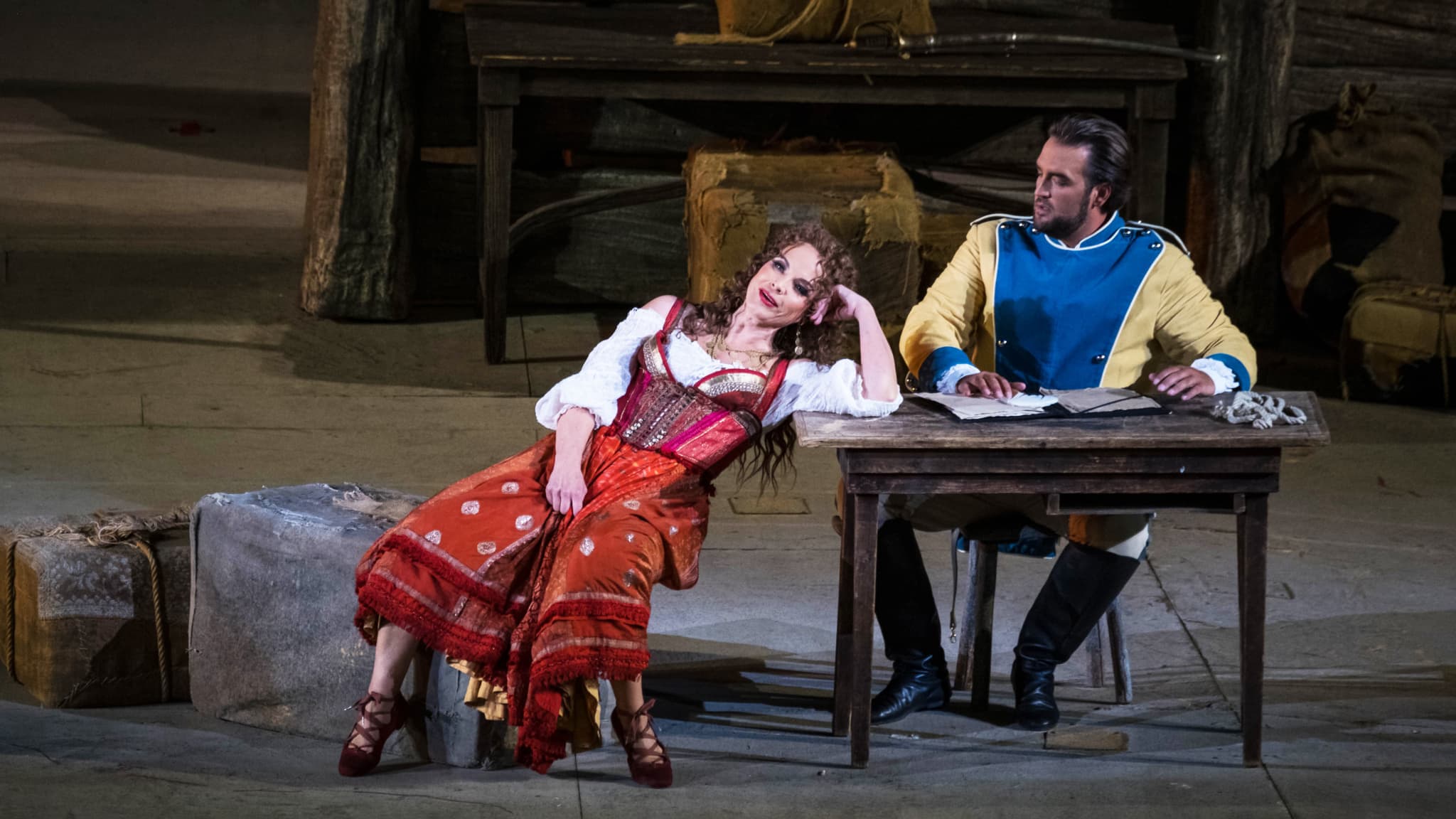New on STAGE+
Albums
About
Georges Bizet

Known for just a handful of well-loved pieces, Georges Bizet was a prolific composer with a huge enthusiasm for exploring new stories and themes in his stage works. His music has a compelling energy and an almost delirious profusion of melodies that few can resist.
Music was part of Bizet’s life from birth. His father and uncle were both singing teachers, and it was his uncle that introduced him to music and ideas outside the conventional French tastes of the time. Bizet went on to study at the Paris Conservatoire from 1848, and his entry at the age of only nine marked him out as a rare talent. Bizet was still a student, aged just 17, when he composed his Symphony in C, one of the few purely orchestral pieces that the opera-loving composer penned. It revealed an already fertile melodic imagination, yet despite its elegance and charm, the symphony had to wait 80 years for its premiere.
If there is a single work with which the name of Georges Bizet is inextricably associated, however, it is his opera Carmen. And yet a work that is now one of the most popular operas in the whole of the repertory fell foul of public favour at its first performance at the Opéra-Comique in Paris in 1875, judged by its critics as "indecent", "dramatically weak", "melodically impoverished" and even "vulgar". Under attack from every quarter, Bizet left the theatre a broken man and died only a few weeks later. Nevertheless, Tchaikovsky saw it during its first run and in a remarkably prescient judgment, suggested that ten years later, Carmen would be the most popular opera in the world.
Overall, his career knew little in the way of success, and the majority of his attempts to write an opera were less than glorious triumphs. Only his orchestral suite based on the incidental music that he had written for a production of Daudet's L'Arlésienne in 1827 scored an immediate success when performed at the Concerts Pasdeloup. Otherwise, Bizet survived by teaching and arranging other composers' music and by dint of his brilliant gifts as a pianist, which were admired by Liszt, among others. Yet his beginning as a composer had seemed particularly promising, his studies at the Paris Conservatoire under Halévy and Gounod having been crowned with a Prix de Rome in 1857.














